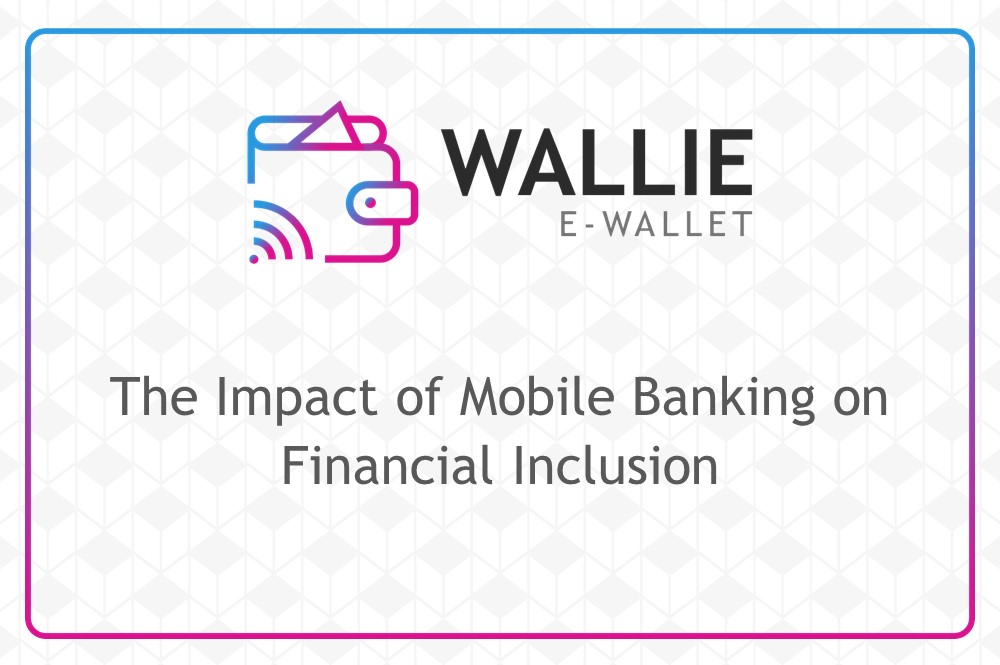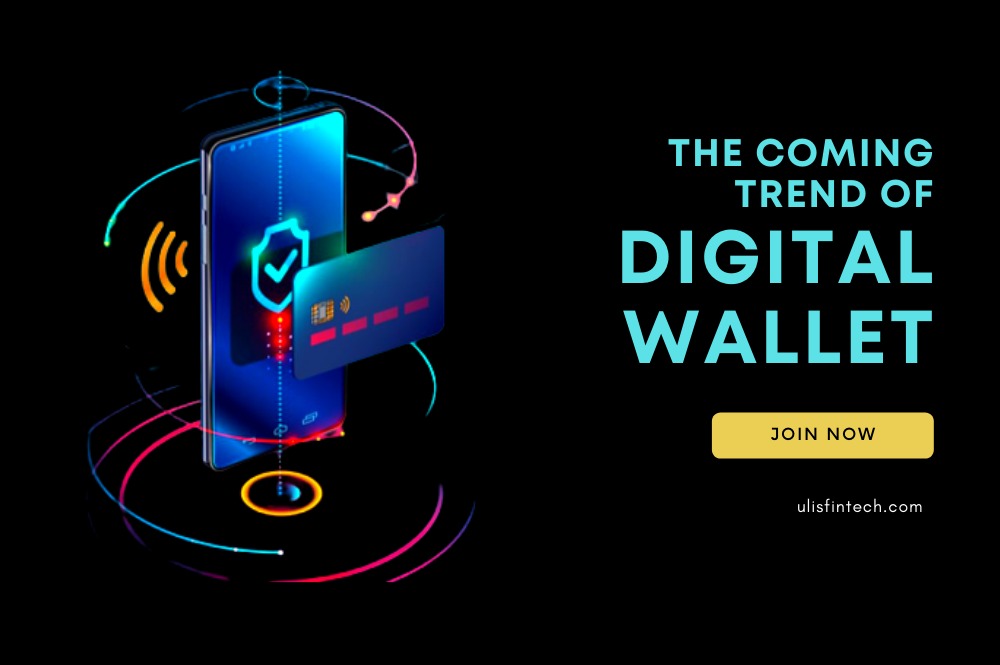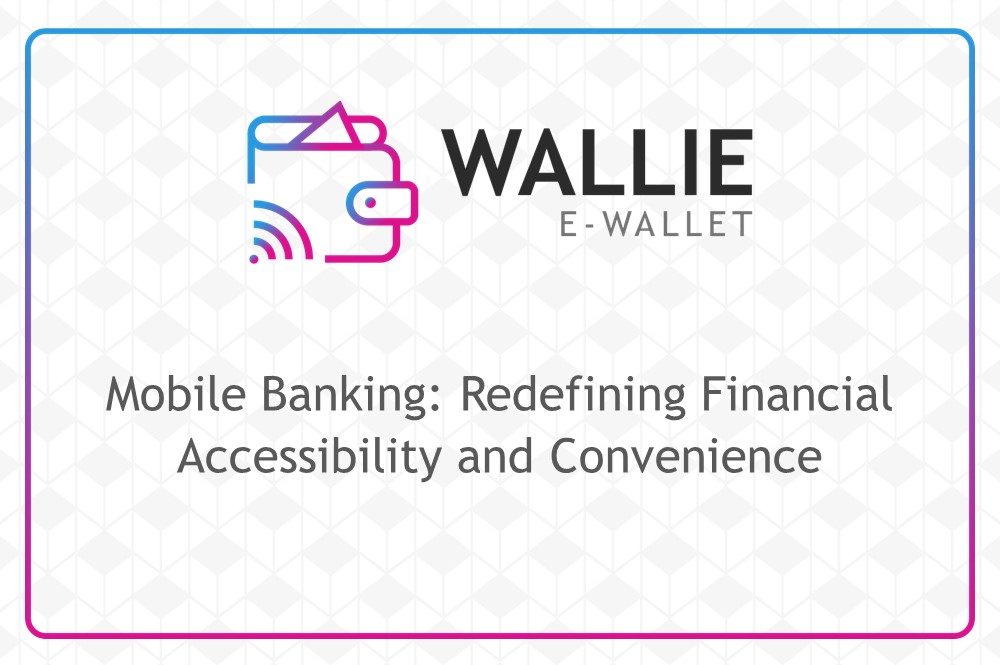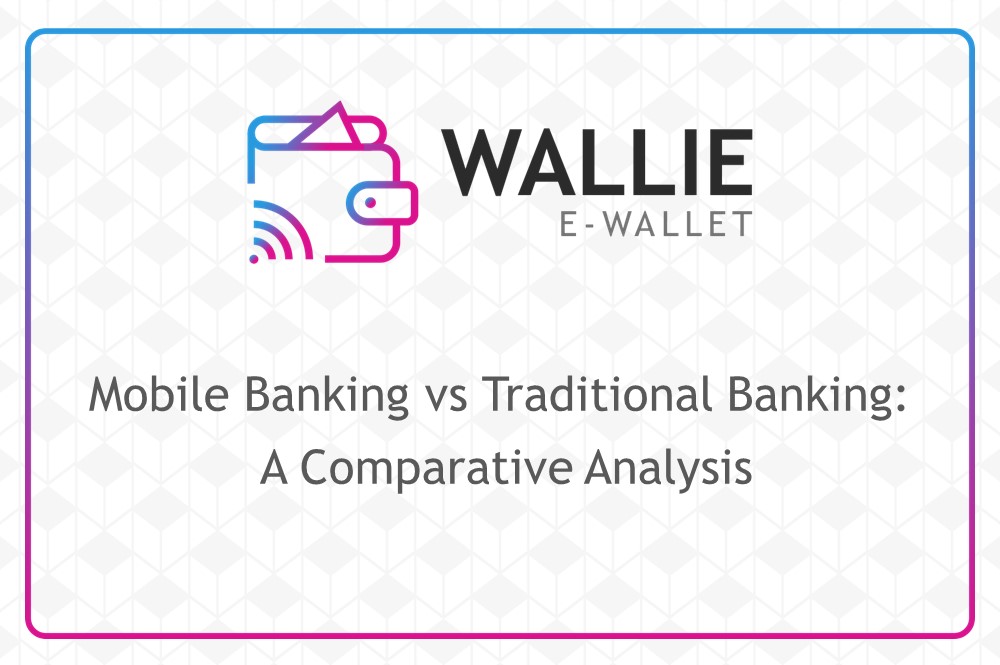The Impact of Mobile Banking on Financial Inclusion
Aug 06, 2024 - 2 MINS READ

Mobile banking has emerged as a transformative force in promoting financial inclusion, particularly among underserved populations and in developing regions. By leveraging mobile technology, financial institutions are extending access to essential banking services to individuals who were previously excluded from the formal financial system. Let's explore the profound implications of mobile banking on financial inclusion and socioeconomic development.
Access to Banking Services:
Mobile banking extends the reach of banking services to underserved populations, eliminating barriers related to geographical distance and physical infrastructure.
Financial Empowerment:
Mobile banking empowers individuals without traditional bank accounts to access savings, payments, and credit services through convenient mobile platforms.
Economic Opportunities:
Facilitating microfinance initiatives, mobile banking enables entrepreneurs and small business owners to access credit, savings, and insurance services to support their livelihoods and economic growth.
Remittance Services:
Mobile banking provides cost-effective solutions for remittance transfers, enabling migrant workers to send money to their families in their home countries efficiently.
Government Payments:
Facilitating the disbursement of government benefits and social welfare payments, mobile banking ensures timely and secure delivery to beneficiaries, including the elderly, disabled, and economically disadvantaged.
Financial Education:
Mobile banking initiatives often include financial literacy programs and digital training, empowering users to make informed financial decisions and utilize banking services effectively.
Challenges and Considerations:
Infrastructure limitations, digital divides, and security concerns pose challenges to the widespread adoption of mobile banking, particularly in regions with limited access to technology and high levels of cybercrime.
Future Directions:
Innovative solutions, public-private partnerships, and regulatory frameworks will play a crucial role in addressing these challenges and expanding mobile banking services to underserved communities, driving inclusive growth and prosperity worldwide.
In conclusion, mobile banking has the potential to bridge the gap between financial exclusion and inclusion, providing individuals and communities with access to essential financial services and opportunities for socioeconomic advancement. By leveraging mobile technology and collaborative efforts, we can harness the power of mobile banking to create a more inclusive and equitable financial ecosystem for all.






